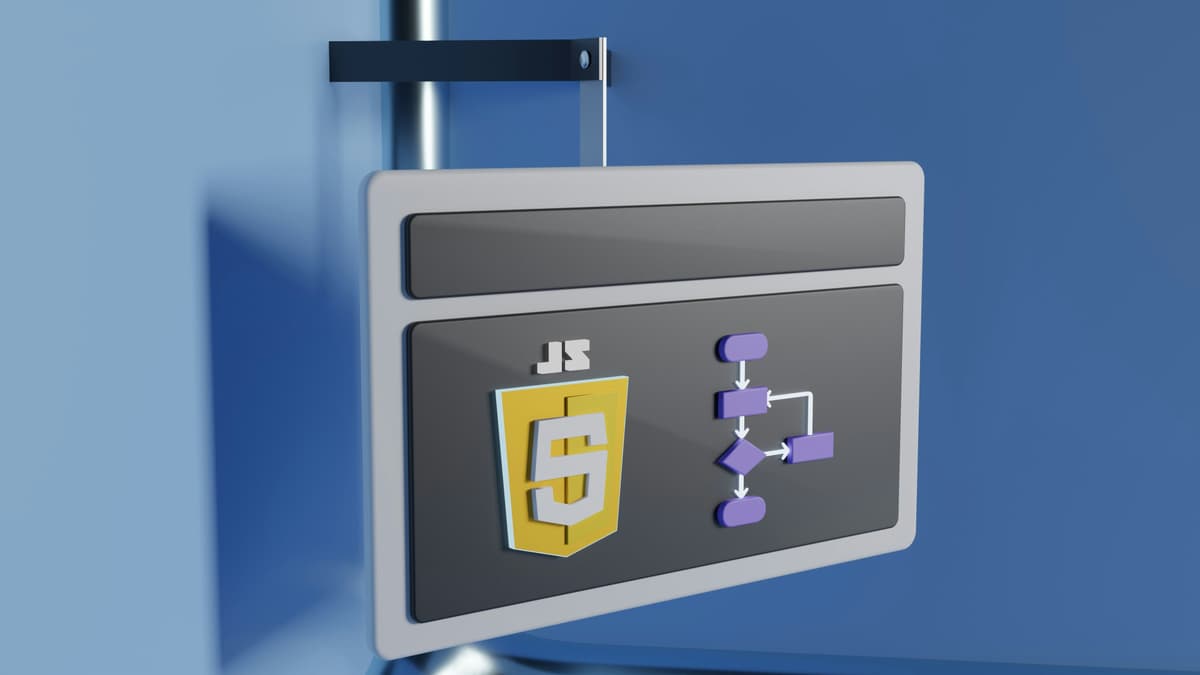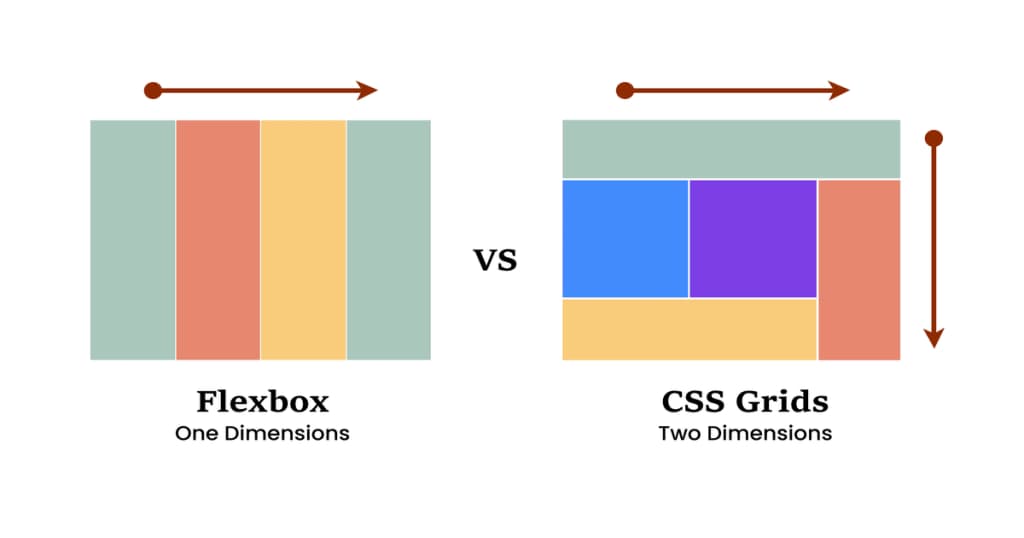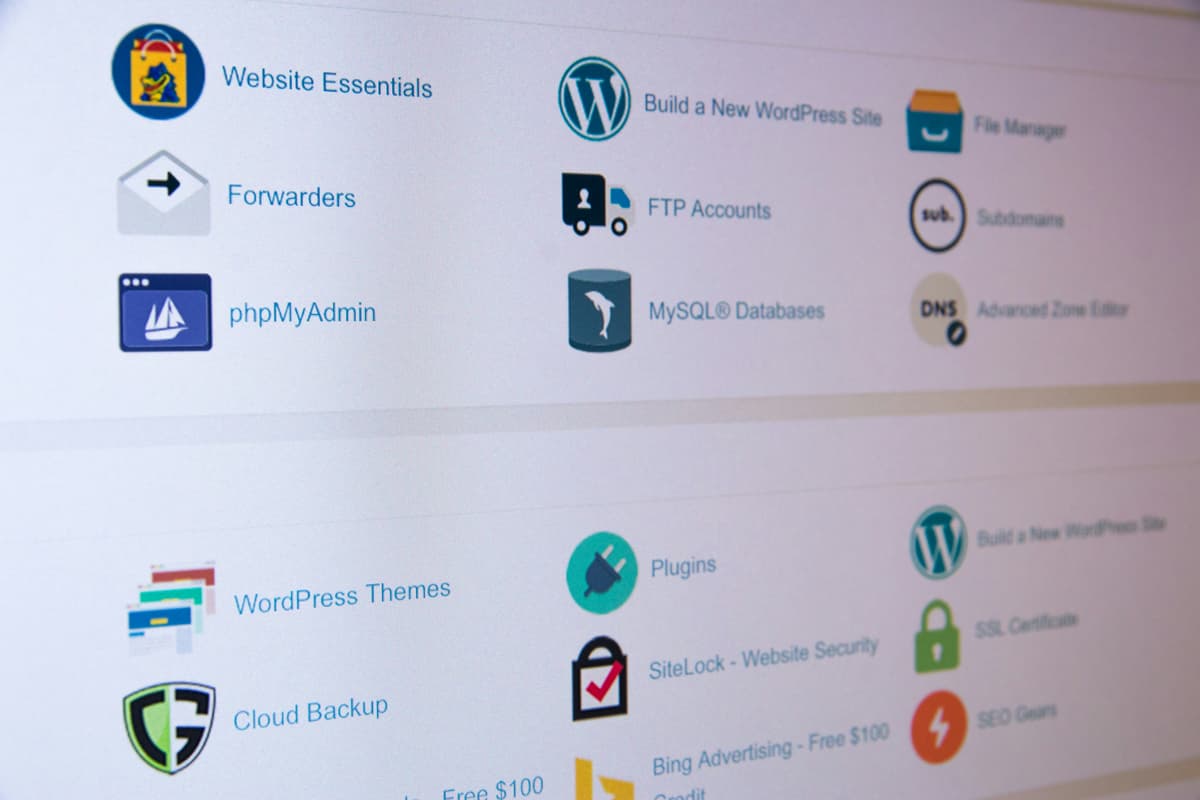Monetization Strategies for Tech Professionals: Maximizing Your Skills in the Digital Economy

 Written by Massa Medi| January 1, 2025
Written by Massa Medi| January 1, 2025
In today's rapidly evolving digital landscape, tech professionals are uniquely positioned to capitalize on their skills and knowledge. Whether you're a seasoned developer, a budding data scientist, or a cybersecurity expert, the opportunities to monetize your expertise have never been more diverse or accessible. This comprehensive guide will explore a multitude of strategies to turn your tech prowess into profitable ventures, side hustles, and thriving businesses.
We'll dive deep into traditional and cutting-edge monetization methods, providing you with actionable insights, real-world examples, and practical steps to transform your technical skills into lucrative income streams. Whether you're looking to supplement your current income, transition to self-employment, or scale a tech-based business, this guide will equip you with the knowledge and strategies to succeed in the digital economy.
1. Freelancing: Harnessing the Gig Economy
Freelancing remains one of the most accessible and flexible ways for tech professionals to monetize their skills. Let's explore how to excel in this arena:
Platforms and Opportunities
- General Freelancing Platforms: Upwork, Fiverr, Freelancer.com
- Specialized Tech Platforms: Toptal (for top 3% of talent), Gun.io (for developers), DataCamp (for data scientists)
- Project-Based Platforms: 99designs (for designers), GitHub Jobs (for developers)
Maximizing Your Freelancing Success
- Craft a Compelling Profile: Highlight your unique skills, showcase your best projects, and clearly articulate your value proposition.
- Specialize: Focus on a niche where you excel. Specialization often leads to higher rates and more targeted opportunities.
- Build a Strong Portfolio: Include detailed case studies of your best work, emphasizing the problems you solved and the value you delivered.
- Deliver Exceptional Work: Consistently exceeding client expectations leads to positive reviews, repeat business, and referrals.
- Communicate Effectively: Clear, prompt, and professional communication is key to client satisfaction and project success.
- Continuously Upskill: Stay ahead of the curve by learning new technologies and methodologies in your field.
Setting Your Rates
Determining your freelance rates is crucial. Consider the following factors:
- Your level of expertise and specialized skills
- Market rates for similar services
- Project complexity and time requirements
- Your overhead costs and desired profit margin
Pro Tip: Start with competitive rates to build your portfolio and reputation, then gradually increase your rates as you gain more experience and positive reviews.
2. Creating and Selling Digital Products
Leveraging your expertise to create digital products can provide passive income streams and showcase your authority in your field.
Types of Digital Products
- E-books and Guides: In-depth resources on specific tech topics or problem-solving guides.
- Online Courses: Video-based or interactive courses teaching specific skills or technologies.
- Templates and Themes: For web developers and designers, creating website templates, UI kits, or design systems.
- Software and Apps: Developing niche software solutions or mobile applications.
- Plugins and Extensions: Creating add-ons for popular platforms like WordPress, Shopify, or browser extensions.
Platforms for Selling Digital Products
- Course Platforms: Udemy, Coursera, Skillshare
- E-book Platforms: Amazon Kindle Direct Publishing, Gumroad
- Theme Marketplaces: ThemeForest, Creative Market
- App Stores: Apple App Store, Google Play Store
Keys to Success in Digital Product Creation
- Identify Market Needs: Research your target audience to understand their pain points and desires.
- Create High-Quality Content: Ensure your product provides genuine value and solves real problems.
- Invest in Marketing: Develop a strong marketing strategy to reach your target audience. Utilize content marketing, SEO, and social media.
- Gather and Act on Feedback: Continuously improve your product based on user feedback and market trends.
- Provide Excellent Support: Offering top-notch customer support can lead to positive reviews and word-of-mouth recommendations.
3. Building and Scaling a SaaS Product
Creating a Software as a Service (SaaS) product can be a highly lucrative venture for tech professionals with entrepreneurial ambitions.
Steps to Launching a Successful SaaS
- Identify a Problem: Look for pain points in your industry or niche that software could solve efficiently.
- Validate Your Idea: Conduct market research, create a Minimum Viable Product (MVP), and gather user feedback.
- Develop Your Product: Focus on creating a user-friendly, scalable solution. Consider factors like security, performance, and integration capabilities.
- Choose the Right Tech Stack: Select technologies that allow for rapid development and easy scaling (e.g., cloud-native architectures, containerization).
- Implement a Solid Business Model: Determine your pricing strategy (e.g., tiered pricing, usage-based pricing) and customer acquisition approach.
- Focus on User Onboarding and Retention: Create a smooth onboarding process and continuously engage users to reduce churn.
- Scale Gradually: Start with a core set of features and expand based on user needs and market demand.
Key Considerations for SaaS Success
- Security and Compliance: Prioritize data protection and ensure compliance with relevant regulations (e.g., GDPR, CCPA).
- Scalability: Design your architecture to handle growth in users and data volume.
- Customer Success: Invest in customer support and success teams to ensure user satisfaction and reduce churn.
- Continuous Improvement: Regularly update and improve your product based on user feedback and emerging technologies.
4. Consulting and Technical Advisory Services
Leveraging your expertise to provide high-level consulting services can be highly profitable and intellectually rewarding.
Types of Consulting Services
- Technology Strategy: Helping businesses align their tech stack with their business goals.
- Digital Transformation: Guiding companies through technological change and adoption of new systems.
- Cybersecurity Consulting: Advising on security best practices, conducting audits, and developing security strategies.
- Data Analytics and AI Strategy: Helping businesses leverage data and AI technologies effectively.
- Technical Due Diligence: Assessing the technical aspects of potential acquisitions or investments.
Building a Successful Consulting Practice
- Develop Deep Expertise: Focus on becoming a recognized expert in your chosen niche.
- Build a Strong Network: Attend industry events, engage in speaking opportunities, and leverage LinkedIn for professional networking.
- Create Thought Leadership Content: Write articles, create videos, or host podcasts to showcase your expertise and attract clients.
- Develop a Structured Methodology: Create repeatable processes and frameworks for your consulting engagements.
- Price Based on Value: Focus on the value you deliver rather than hourly rates. Consider value-based pricing models.
- Continuously Educate Yourself: Stay ahead of industry trends and emerging technologies to provide cutting-edge advice.
5. Creating Content and Building an Audience
Building a personal brand and audience through content creation can open up numerous monetization opportunities.
Content Creation Platforms
- Blogging: Medium, personal website, industry publications
- Video Content: YouTube, TikTok, LinkedIn Video
- Podcasting: Spotify, Apple Podcasts, Google Podcasts
- Social Media: Twitter, LinkedIn, Instagram for tech-focused content
Monetization Strategies for Content Creators
- Ad Revenue: Monetize your content through platform-specific ad programs (e.g., YouTube Partner Program).
- Sponsorships and Brand Deals: Partner with relevant tech companies to promote their products or services.
- Affiliate Marketing: Recommend products and earn commissions on sales.
- Premium Content: Offer exclusive content or communities for paying subscribers.
- Speaking Engagements: Leverage your audience to secure paid speaking opportunities at conferences and events.
- Book Deals: Use your platform to secure publishing deals for technical books or guides.
Tips for Successful Content Creation
- Consistency is key. Maintain a regular publishing schedule.
- Focus on providing genuine value to your audience.
- Engage with your community and foster meaningful discussions.
- Collaborate with other content creators to expand your reach.
- Use analytics to understand what content resonates with your audience and refine your strategy.
6. Teaching and Mentoring
Sharing your knowledge through teaching and mentoring can be both financially rewarding and personally fulfilling.
Teaching Opportunities
- Online Course Creation: Platforms like Udemy, Coursera, or your own website
- Bootcamp Instruction: Teaching at coding bootcamps or tech-focused educational institutions
- Corporate Training: Providing specialized training for companies
- Workshops and Webinars: Hosting focused, intensive learning sessions
Mentoring Programs
- One-on-One Mentoring: Platforms like MentorCruise or Codementor
- Group Mentoring: Creating mastermind groups or cohort-based programs
- Career Coaching: Helping tech professionals navigate their career paths
Keys to Success in Teaching and Mentoring
- Develop a Structured Curriculum: Create clear learning paths and objectives for your students or mentees.
- Focus on Practical, Hands-On Learning: Incorporate real-world projects and examples into your teaching.
- Stay Updated: Continuously update your knowledge and teaching materials to reflect current industry trends.
- Cultivate Patience and Empathy: Remember that everyone learns differently and at their own pace.
- Gather and Act on Feedback: Regularly seek feedback from your students or mentees to improve your teaching methods.
7. Open Source Contributions and Sponsorships
While not traditionally seen as a monetization strategy, contributing to open source projects can lead to financial opportunities and career advancement.
Benefits of Open Source Contributions
- Building a strong professional reputation in the tech community
- Developing and showcasing your skills publicly
- Networking with other professionals and potential employers
- Potential for direct financial support through sponsorships
Monetization Opportunities in Open Source
- GitHub Sponsors: Receive recurring payments from supporters of your open source work.
- Open Collective: Collect and manage funds for open source projects transparently.
- Consulting Opportunities: Leverage your expertise in popular open source projects to secure consulting gigs.
- Employment Opportunities: Many companies hire contributors to open source projects they rely on.
- Paid Support or Features: Offer paid support or custom feature development for open source projects you maintain.
Tips for Open Source Success
- Consistently contribute to projects you're passionate about.
- Engage with the community and help other contributors.
- Document your contributions and share your experiences through blog posts or talks.
- Consider maintaining your own open source project to showcase your skills and leadership.
Conclusion: Crafting Your Unique Monetization Strategy
The digital economy offers a wealth of opportunities for tech professionals to monetize their skills and knowledge. The key to success lies in identifying the strategies that align best with your expertise, interests, and career goals. Consider the following steps as you develop your monetization plan:
- Assess Your Skills: Take a comprehensive inventory of your technical and non-technical abilities. Identify areas where you excel and where you can provide value to others.
- Explore Different Monetization Models: Whether through freelancing, consulting, product creation, or teaching, choose the model that best suits your strengths and lifestyle.
- Start Small, Scale Gradually: Begin by offering services or products on a small scale. As you gain experience and build a reputation, you can scale up your offerings and potentially diversify across different revenue streams.
- Build Your Brand: Establish an online presence through blogs, social media, and portfolios. Your personal brand will help attract clients, students, or customers and set you apart from the competition.
- Stay Adaptable: The tech landscape is always evolving. Stay open to learning new skills and adapting your monetization strategy to meet market demands.
Monetizing your tech skills requires patience, perseverance, and a willingness to experiment. With a well-thought-out strategy and consistent effort, you can create multiple streams of income, achieve financial independence, and enjoy a fulfilling career.
recommended
Explore More Recent Blog Posts

Understanding How the Internet Works
January 13, 2025
Learn how the internet functions, from the basics of networking to protocols like HTTP. Understand key concepts like IP addresses, DNS, and data packet routing.

Progressive Web Apps: A Step-by-Step Guide
January 14, 2025
Learn the essentials of building Progressive Web Apps (PWAs) that combine the best of web and mobile apps. This guide covers service workers, manifest files, and offline capabilities to create a seamless user experience.

Mastering SEO and Content Marketing Strategies
January 10, 2025
Unlock the secrets of search engine optimization (SEO) and content marketing. Understand how Google indexes pages and learn to create valuable content that attracts and engages your target audience.

Web Analytics: Tracking User Behavior for Better UX
January 8, 2025
Harness the power of web analytics to improve your website's user experience. Learn how to set up Google Analytics, interpret user behavior data, and use tools like Hotjar and Crazy Egg to optimize your site's performance and conversion rates.

Cybersecurity Essentials for Web Developers
January 4, 2025
Protect your website and users with essential cybersecurity practices. Explore the importance of HTTPS, SSL certificates, and learn about common vulnerabilities like XSS and CSRF.

AI Tools for Developers: Boosting Productivity and Creativity
January 12, 2025
Leverage the power of AI to enhance your development workflow. Discover how tools like ChatGPT and GitHub Copilot can assist in coding, content creation, and problem-solving.

The Rise of No-Code and Low-Code Platforms
January 14, 2025
Explore the growing trend of no-code and low-code platforms. Understand how these tools are changing the landscape of web development and enabling non-technical users to create sophisticated applications.

Blockchain and Web3: The Future of the Internet
January 3, 2025
Dive into the world of blockchain technology and Web3. Understand the fundamentals of decentralized applications (dApps), smart contracts, and cryptocurrencies.

Why Learn React in 2025?
January 13, 2025
Explore the reasons behind React's enduring popularity in 2024. Learn about its efficiency, component-based architecture, and the vibrant ecosystem of libraries that support modern web development.

Understanding JavaScript Closures
January 6, 2025
Dive deep into the concept of closures in JavaScript. Learn how closures work, why they are useful, and how they can help you manage scope and data encapsulation in your applications.

CSS Grid vs. Flexbox: Which to Choose?
January 2, 2025
Understand the differences between CSS Grid and Flexbox, two powerful layout systems in modern web design. This post will help you decide which tool to use based on your project's needs.

React Hooks: A Comprehensive Guide
January 7, 2025
Get a thorough understanding of React Hooks and how they revolutionize state management in functional components. Explore hooks like useState, useEffect, and custom hooks.

The Ultimate Guide to Google Search Console in 2024
January 7, 2025
Navigate the features and functionalities of Google Search Console to enhance your website's SEO performance. This guide covers setting up your account and using insights to improve your content strategy.

Domain Names: What They Are and How to Choose One
January 12, 2025
Learn about domain names, their structure, and the importance of choosing the right one for your online presence. This post covers best practices for selecting domain names that enhance branding and SEO.

Web Hosting: A Simple Guide to Choosing the Right Provider
January 2, 2025
This guide provides an overview of different types of web hosting services, including shared, VPS, dedicated, cloud, managed, and colocation hosting. It offers practical examples of providers, tips for avoiding scams, and guidance on choosing the right service for your needs. Additionally, it highlights free hosting options like GitHub Pages, Netlify, and Vercel, along with steps for hosting a website that uses HTML, CSS, and JavaScript.

Online Courses and Starting a Tech YouTube Channel: Sharing Your Knowledge and Impacting Lives
January 1, 2025
Learn how to create and sell online courses to share your expertise, and explore the steps to start a tech YouTube channel that can reach and engage a global audience. This blog covers the benefits of online courses, planning content, and strategies to grow a successful YouTube channel.

Unleashing the Power of SSL Certificates: Why SSL Matters for Your Website
January 10, 2025
Learn about SSL certificates and their importance in protecting websites. Understand data encryption, authentication, and the types of SSL certificates available, including Domain Validation, Organization Validation, and Extended Validation SSL. Discover how SSL boosts user trust and search engine rankings while ensuring legal compliance.

The Importance of Version Control in Software Development
January 9, 2025
Explore the critical role of version control systems like Git in software development. Understand how version control helps manage changes, collaborate with teams, and maintain project history.

Building Networks as Developers: A Comprehensive Guide to Professional Connections
January 4, 2025
Learn how to build a strong network as a developer and maximize your online presence.

The Internet of Things (IoT): Revolutionizing Our Connected World
January 5, 2025
The Internet of Things (IoT) is transforming the way we live and work by connecting everyday devices to the internet, allowing them to exchange data. This article explores IoT, its history, architecture, real-world applications, and its future impact on industries like healthcare, agriculture, and smart cities. It also discusses the role of AI in IoT, security challenges, and ethical implications.